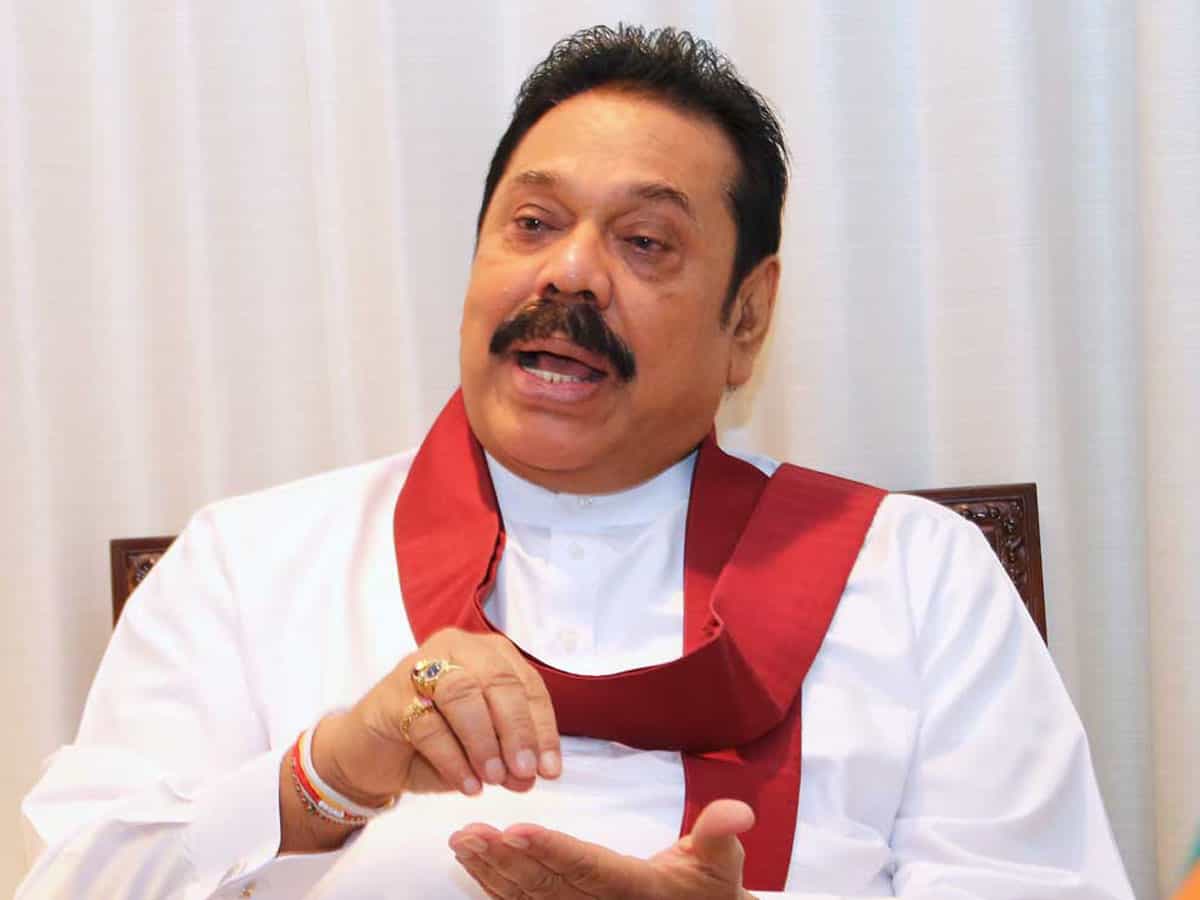Colombo: The Sri Lanka Citizens’s Front (SLPF), commanded by Mahinda Rajapaksa, registers yet the other landslide victory in Sri Lanka’s just recently conducted parliamentary polls. The final results of the gen. elections have been declared by this Election Commission on Thu. (Aug 6). The party with its allies won 150 out of the 225 seats, granting it a two-thirds majority within the parliament.
The results staged the political comeback of Mahinda Rajapaksa, thus furthermore consolidating the curb of the Rajapaksa clan on Sri Lanka’s politics. Previously in Nov 2019, Gotabaya Rajapaksa won the presidential election on the SLPP ticket.
From dad to sons
Members of the Rajapaksa family (4) always conducted influence over Sri Lanka’s politics & administration. Multiple members of the family (4) are appointed in key posts. It started with D A Rajapaksa, a Member of Parliament, & the creator of the Sri Lanka Freedom Party. The Mahinda faction of SLFP is as of now named the Sri Lanka Podujana Permanuna (SLPP) (or) SLPF.
‘The patriarch’ Mahinda Rajapaksa provided as the PM of Sri Lanka from 2004 to 2005 & President from 2005 to 2015 & is presently serving his own 2nd term as the PM from Nov 2019. The 74-year old had become a hero to the Sinhala-Buddhist society after he held the brutal crackdown on the Liberation Tigers of Tamil Eelam (LTTE) in 2009 ending decades-long war.
Gotabaya Rajapaksa, the brother of Mahinda widely named ‘The Terminator’ for his own short temperament, is the current President of Sri Lanka. He conducted the very-powerful Ministry of Defense under his own brother’s regime. With a 52 percent vote distribute, the ex-military person had become the president in last Nov.
Their own younger brother, 69-year old Basil Rajapaksa is the minister for economic development (devt). Throughout a BBC interview, he has been named ‘Mr. 10 Per cent’ in reference to commissions he reportedly charges for lobbying for govt contracts.
Throughout Mahinda’s presidential term, the eldest brother Chamal Rajapaksa has been the speaker of parliament. Previously a police official, he once provided as a personal bodyguard to Sirimavo Bandaranaike, the globe’s 1st lady prime minister.
The eldest son of Mahinda Rajapaksa Namal too entered the parliament in 2010 however he never conducted any portfolio. He can probably be inducted into the cabinet as of now.
Authoritarianism in store
The weakness, coupled with corruption & disorganization within the opposition paved way for a rather easy win for the Rajapaksa & brothers.
The two-thirds majority secured within the elections would enable the Rajapaksa clan to make constitutional shifts & consolidate their own power even furthermore. When Mahinda Rajapaksa lost the presidential election in 2015, the new govt moved a constitutional amendment & enforced a two-term limit on the presidency, revoked immunity from prosecution, & made presidential appointments subject to parliamentary scrutiny.
The ‘constitutional reforms’ as mentioned in SLPP’s election manifesto can specifically undo this amendment & expand presidential powers.
“Sri Lanka was steadily turning into a majoritarian nation. That is what’s assured in these 2 elections — Nov’s Presidential victory & this Parliamentary results,” Kusal Perera, a veteran political analyst, writer & a powerful critic of govts, stated.
The current majority going to give the Rajapaksas a free hand to alter the constitution, rise the powers of President & PM to have a stricter hold, & reversing the policies taken up the recent govts in presenting checks & balances. The victory also rises fears that the govt could weaken independent commissions & different state apparatus like the police.
Activists, already alarmed by this diminishing space for protest & criticism, fear such an eventuality can result in ever greater authoritarianism.

